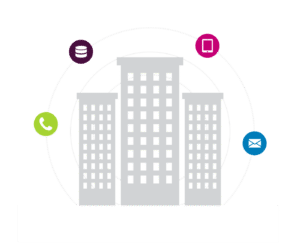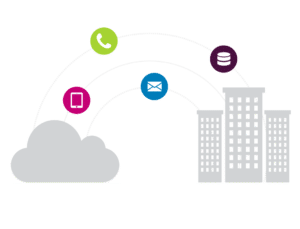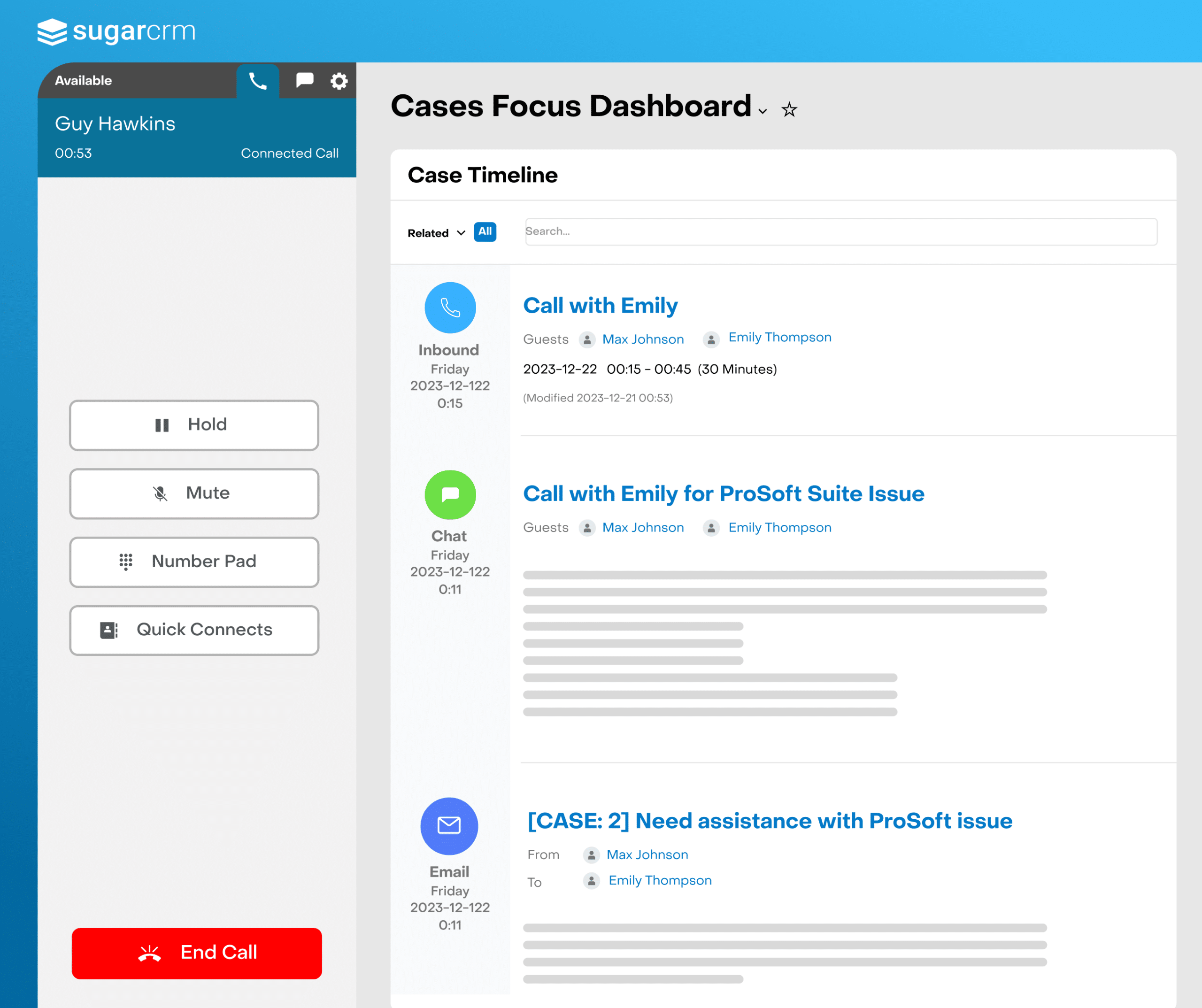Understanding the Total Cost of Ownership for CRM
You have decided to go for a CRM platform to help you bring your teams together and consolidate your customer data. Today’s CRMs are supercharged with integrations that foster collaboration and accessible data —all under one roof.
To make the best decision for your company, keep in mind that any CRM solution usually implies higher costs than just the advertised price. You need to look beyond what’s listed on your future CRM provider’s website and into the total cost of ownership.
The total cost of ownership (TCO) is the purchase price of a product, plus the costs of operating and maintaining it. So, you should consider software licenses and employee salaries to run it, training associated with the technology, onboarding, ongoing support, maintenance, upgrades, and more. Additionally, you can have other costs such as loss in productivity due to addressing system errors, downtime, and equipment cost. These costs may vary depending on what you chose: on-premises or a cloud-based solution.
On-Premises Solution
With an on-premises CRM, you have complete control over software and hardware.
Having an on-premises system can be easier to integrate with other in-house software, which can significantly benefit some businesses when looking at high user adoption rates.
Some organizations may have complex security requirements, or compliance rules might constrict them—that’s where an on-premises CRM shines.

While an on-premises CRM enables you to access its server directly, keep in mind that your equipment needs regular maintenance in terms of hardware, as well as operating system, anti-virus, and other third-party tools. You are also responsible for fixing potential security issues and backing up data—not to mention guarding against and handling service disruptions.
You just finished setting up your on-premises CRM. Everything is ready to go, right? Think again! Once you’ve completed setup, you need to be mindful of costs associated with internal support and maintenance. Your IT department might be overwhelmed and could be limited in resources, so your on-premises option can be less secure with fractured reliability. You need a team of IT professionals to keep it secure, upgraded, and maintained, which unfortunately does not come free of charge.
Cloud-Based Solution
On the other hand, cloud-based CRMs are hosted on your solutions provider’s servers, and you’re paying subscription fees to access your CRM data (otherwise known as software as a Service or SaaS). What does this mean for your budget?
Cloud-based solutions usually imply lower upfront and ongoing costs. You don’t have to make sizable initial hardware investments. Additionally, license costs are built into your monthly or yearly bill. Similar to the infrastructure, it’s as if you are renting the software and storage instead of buying it outright.
Suppose you want to maintain transparency, data integrity, and accountability across your teams. In that case, you can’t skimp on user licenses—make sure everyone who needs to use your CRM can access it!

You also pay for what you use with a cloud-based CRM. With a server, this is not always true. A server only has so much storage space and availability, and when you reach its limits, you’ll need to buy additional machines to increase availability or storage. Cloud-based solutions adjust more quickly to your company’s needs, scalability being the primary driver of its growing popularity within businesses.
Additionally, you are not responsible for any physical equipment, so you don’t have to worry about hardware and the costs associated with maintaining it. Moreso, cloud-based CRMs get automatic updates to newer versions, which can save time for your IT department and the costs of any outside consultation.
With your business information stored in the cloud, you can access data on mobile devices. This empowers your employees who frequently need to travel or remote workers. In turn, this can lead to improved productivity and better work-life balance for your employees.
One of the many benefits of adopting a cloud-based CRM is the long list of services and tools available. However, if not appropriately managed, the costs of these tools can spiral out of control. You, or someone within your organization, need to understand what you are paying for in the cloud to avoid unexpected costs. When using a cloud-based CRM, you rely on your service provider to keep everything up and running. If your provider experiences an outage, so do you, and there isn’t anything you can do about it. This is the trade-off for not worrying about managing your infrastructure—you don’t have as much control over your environment. No matter how long, the downtime could cost your business money.
Securing your data is not a cost generally associated with cloud-based systems, but it sure is something to think about. A company with stringent security rules can tap into the cloud’s benefits through the “private cloud”—where your company has a dedicated server that can even be on-premises but is maintained by your provider.
Which One Is Better?
There is no simple answer! You need to determine whether your existing tools will work with your CRM solution of choice. You need to consider your organization’s security and privacy policies and consider the costs associated with an on-premises or a cloud-based CRM. Adopting cloud-based applications has become increasingly attractive, especially for Small and Medium Enterprises (SMEs). Why is that, you may ask? Because cloud-based CRMs offer more flexibility and value for investment and help you boost productivity and drive revenues without the associated expensive hardware and maintenance costs.
CRM vendors, such as SugarCRM have become a lot more flexible, offering a selection of both on-premises and cloud-based solutions.
Closing Thoughts
Whether you go for an on-premises or a cloud-based solution, a CRM system should take very little time to update and has the features and functions your company needs to grow and be more productive. Understanding how much your software will cost you over time helps businesses make better buying decisions when deciding which software provides the best possible ROI.


